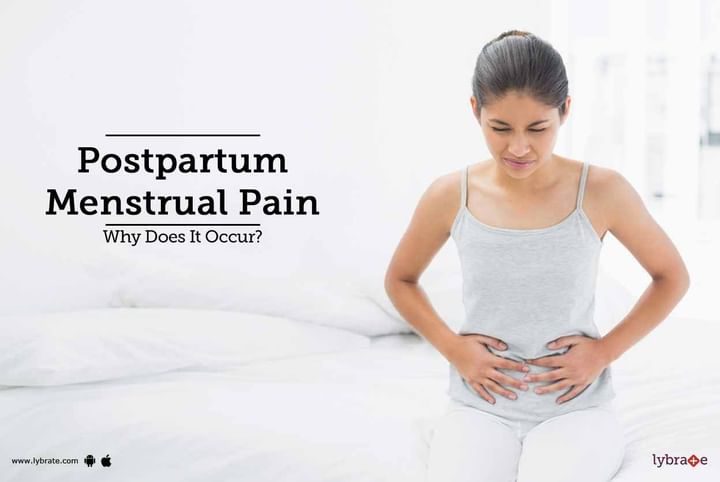Postpartum Menstrual Pain - Why Does It Occur?
Having a child is one of the best things that can happen to a woman. While giving birth to a child is a very happy scenario, something called ‘postpartum menstrual pain’ can act as a damper. Postpartum menstrual pain occurs during the first period post-delivery. To understand it in a better way, here is a detailed overview that should help you out:
Period after childbirth
Periods usually return after 7-8 weeks of the delivery, provided there is no breast feeding. If you breast feed, then the timing of the period can vary. In some cases, a woman misses out on her periods for the entire duration of breast feeding; whereas in others, the period returns irrespective of whether she is breast feeding or not.
Once the periods start post-delivery, tampons are recommended against. Women who are breastfeeding don’t usually have their periods due to hormonal changes in the body. Hormones that induce periods are suppressed by the hormones which are responsible for the production of breast milk. The entire process of ovulation gets suppressed, thus leading to the absence of menstruation.
Difference in periods
Once your periods begin after the delivery, it will be different from the ones you have had before childbirth. As the body adjusts to the menstruation process post childbirth, one generally experiences the following symptoms:
- Stronger cramps
- Heavy menstrual flow
- Formation of small blood clots
- Pain during periods
Postpartum menstrual pain happens because of the following reasons:
- Pain in the vagina: The childbirth process may lead to swelling and stinging in the vagina. Painful periods will persist till the swelling subsides.
- Contractions of the uterus: Post childbirth uterus contractions are common as it comes back to its regular size; this may be a source of the pain.
- Breast feeding: Breast feeding can also trigger menstrual pain as it results in the release of ‘oxytocin’, which causes contractions in the uterus.
This problem of painful periods doesn't last longer.



+1.svg)
